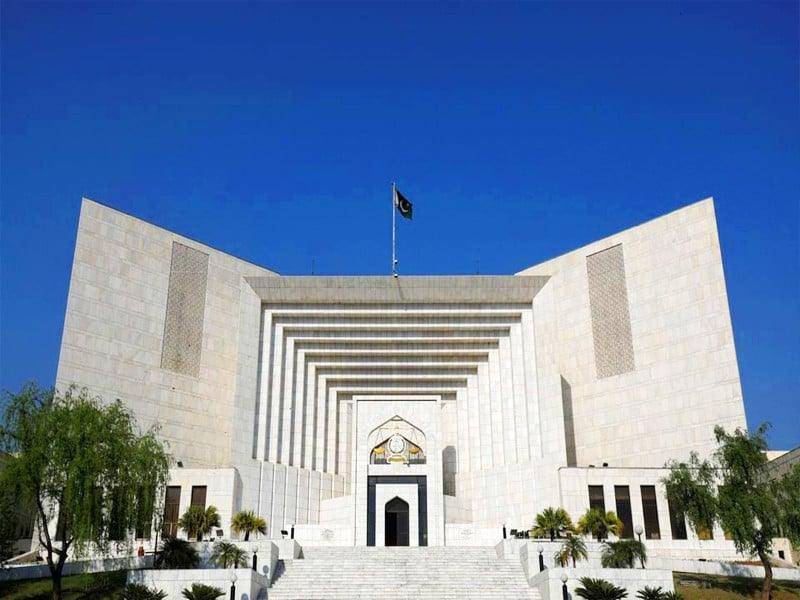The Supreme Court in Pakistan on Tuesday raised constitutional concerns about whether the federal government has the authority to allocate funds collected from the super tax to the provinces.
A constitutional bench of five members, led by Justice Aminuddin Khan, heard the case challenge the legality of the super tax and its distribution.
During the hearing, justice Jamal Khan Mandokhail questioned whether the federal government was constantly allowed to distribute the super -tax revenue – whether it was RS8 or RS8 trillion – among the provinces.
Senior lawyer Makhdoom Ali Khan began his arguments and said that income tax, including the super tax, is collected without any specific allocation and deposited in the national treasury.
He argued that, according to the 1973 Constitution, no provincial distribution is unless stated.
He explained that the super tax introduced in 2016 was initially required to finance the rehabilitation of displaced.
It was expanded in 2017 and made open in 2019, but no means had been used for the specified purpose yet.
Makhdoom also emphasized that there is a clear difference between income tax and super tax, and that tax law under the income tax regulation also applies to minimum income.
Further prosecutor Hafiz Ahsan stated that the current procedure did not relate to the distribution of funds and that no court decisions had been issued on the case.
Justice Aminuddin Khan asked Makhdoom how much longer he would need to conclude his arguments that the lawyer responded to him trying to pack up the day after tomorrow.
The court postponed the hearing until Wednesday, with Makhdoom to continue presenting its case.



